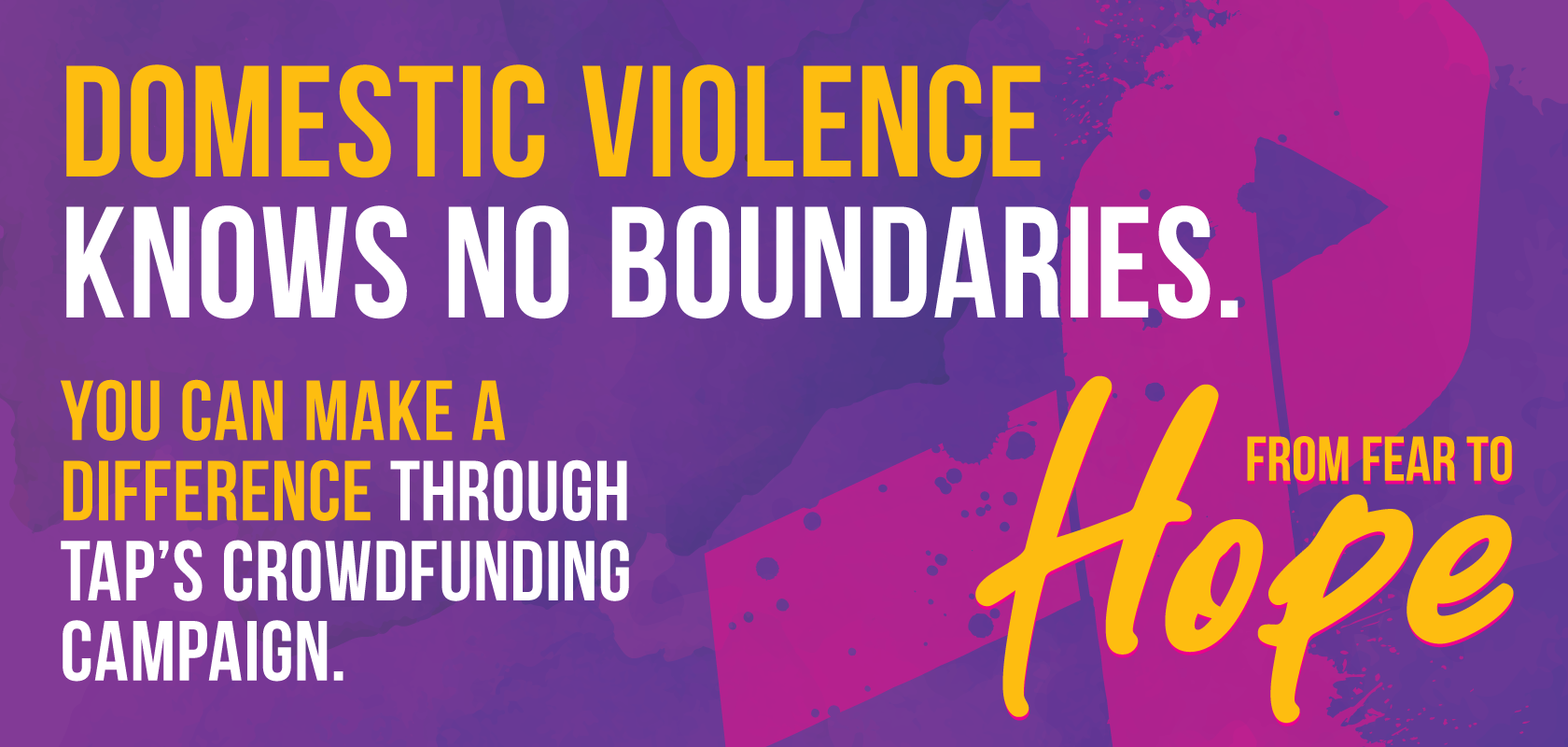Saving a Family Farm
A New Beginning
In 2009, Ben Flinchum left his Montana life to manage Cold Creek Cattle & Hay. His grandfather had bought the Craig County farm in 1951. Ben’s dad and his siblings had no interest in farming. Now, at 36 years old, he has undertaken the task of repairing and updating a property spanning over 200 acres.
Helping Empower Agriculture
“The farm was not in good repair,” says Ben. “My grandfather had been doing most of it on his own in his 80s.” Ben tells stories of young cows swimming in the creek to get out. He’d have to visit neighbors’ properties to get the escaped cattle.
Fencing repairs became crucial, but Ben couldn’t afford it upfront. “One of the biggest problems with being young and getting into agriculture is getting enough money to do all the improvements,” Ben says. “If I could only afford to do half [the fencing], they’re still going to get out on the other part.” That’s where TAP came in.
Ben secured a $100,000, five-year, low interest loan from TAP’s Business Seed program. This helped Ben keep the farm going and make vital repairs. He fixed the fencing, and bought new hay equipment and more cows. Ben also built a safe space to vaccinate and tag cattle. The Seed funds allow regular soil testing and treatment, setting up the farm for future prosperity.
TAP created Business Seed Capital, Inc. in 1998. It provides microenterprise loans to businesses that don’t meet standard bank loan criteria. Curtis Thomson, TAP’s vice president of financial services and director of Business Seed Capital, Inc., explains, “This loan fund and at least five additional loan pools are all designated for business growth. It’s all under the financial services umbrella, which is just another resource that TAP has to give individuals and families another opportunity for economic advancement.”
Embracing Tomorrow’s Potential
Ben owns both Cold Creek Saw Mill & Forestry in New Castle and the farm splits his time between them. The sawmill offers direct-to-consumer rough-cut lumber used mostly for barns and fences. The farm sells beef to individuals, calves to farmers, and hay to horse owners.
“One thing that we hear a lot in agricultural circles is that young folks aren’t interested in farming anymore,” says Ben. “Statistics show the average age of farmers going up. One thing I’d like to say to that is there are a lot of young folks interested in agriculture, but they don’t come from a farming background. It’s an incredibly daunting task to [start a farm].” Ben says TAP programs are a valuable resource for those interested in farming. In his case, TAP is helping him continue his family’s legacy. The infusion of cash allowed Ben to make the farm safer for everyone and helped him establish processes for future sustainability. “There’s a song I like to reference by George Strait called The World Less Traveled,” says Ben. “It’s about when you go against the grain and dare to dream. Agriculture is all about dreaming and taking risks. Sometimes you win and sometimes you lose. I think it’s very important to recognize the strength and determination agricultural folks possess. Agriculture is the strength our country was built on.”



